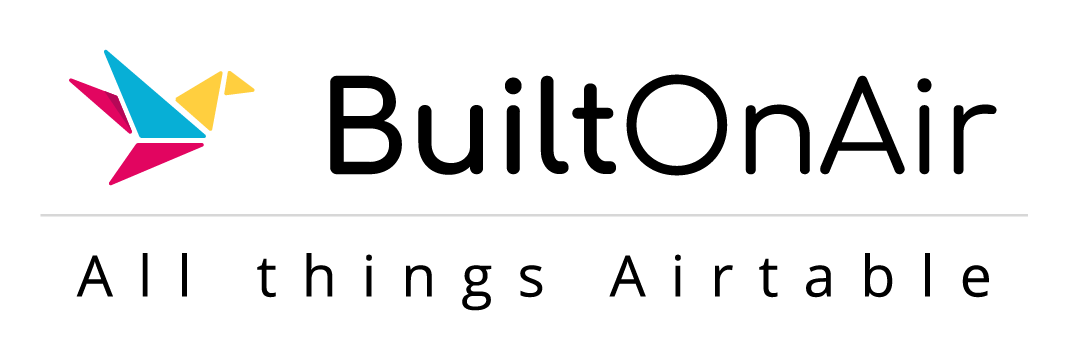HOW TO USE AIRTABLE TO Score board games
We’re back for another week of our Winter Series! For those of you who are new, each week we will be reviewing a different episode from season 5 of our BuiltOnAir podcast and learning how to apply the lessons into our own building. This week we go back to episode 5 with Jeremy Oglesby, a software developer.
Jeremy’s story starts when he was working as a teacher. He loved trying out new technology in his classroom and even beta tested google classroom. This interest in technology helped him be 95% paper free in his classroom, with almost all his assignments online. Later Jeremy switched back to the construction business, and was quickly promoted to the QA department. Here he had to keep a massive amount of records on the machines, training, and operations. The company would get audits multiple times a year so they had to have all their records accessible and organized. What made this so hard was that they were still using excel and paper records. Jeremy knew that there had to be a better solution for this and just coming from making his classroom online, he started making the records be online. First he learned how to turn the excel forms into databases so they could be saved and stored on the computer. This was good but they wanted it available online so they could have access to the information off site on a laptop or tablet. Since excel couldn’t do this he learned how to code, but it was a big project for just one person. Luckily he found Airtable when listening to a podcast. With Airtable he was able to have a nice user interface without having to spend a bunch of time and energy programming. Airtable was the best solution to all of Jeremy’s problems. Airtable quickly expanded to all parts of the company and even after he left they still use it and ask him questions.
Jeremy also loves the Airtable community. He is very active on the forums and loves helping fellow creators solve problems. As he got more involved in programming he realized what a great tool Airtable is to learn how to program, manipulate data, and create tools. With the skills he learned using Airtable, Jeremy was able to make a career switch and now works as a programmer writing scripts. Jeremy like many other creators uses Airtable for his company, budgeting, and organizing. Unlike others though he uses it for fun hobbies, like his 7 Wonders Tracking Database. He made this base to keep track of score for one of his favorite board games, which has become a Sunday night staple with his family and friends. As it got more popular in his household he added more features to look at stats, rules, and much more. Below some of the base’s features are listed.
Demo:
7 wonders tracking database
- Can connect to your contacts
- Sends links to show stats and scores
- Runs easily on your phone
- Automatically randomates players
- Removes a lot of the mental math that is required in the scoring
- Tells them which symbol will get them the most points on a wild card
- Can settle ties in scoring
- Keeps stats from previous games to improve your strategy
- Shared views so players can keep up to date
Jeremy’s has though of everything to take game night to the next level. He has over 60 hidden fields to make it is super user friendly, and has tons of features that you couldn’t have scoring manually. Builders all over can learn from Jeremy’s example that Airtable can be used for fun and passion projects, not just business.
Here’s the video of the original podcast, including more of Jon’s story, and the live walkthrough of the bases described above:
Episode Video:
Episode Audio
Like this? Consider subscribing on your favorite podcasting app or on Youtube to stay up to date on all things Airtable! Thanks for the love!




![[S17-E01] Full Podcast Summary for 01-09-2024 – Airtable Acquisition; Using Aeropage to build website with Sean MacGregor; Linking Synced Linked Tables](https://server.on2air.com/wp/../uploads/segment_image_1-118-440x264.png)

